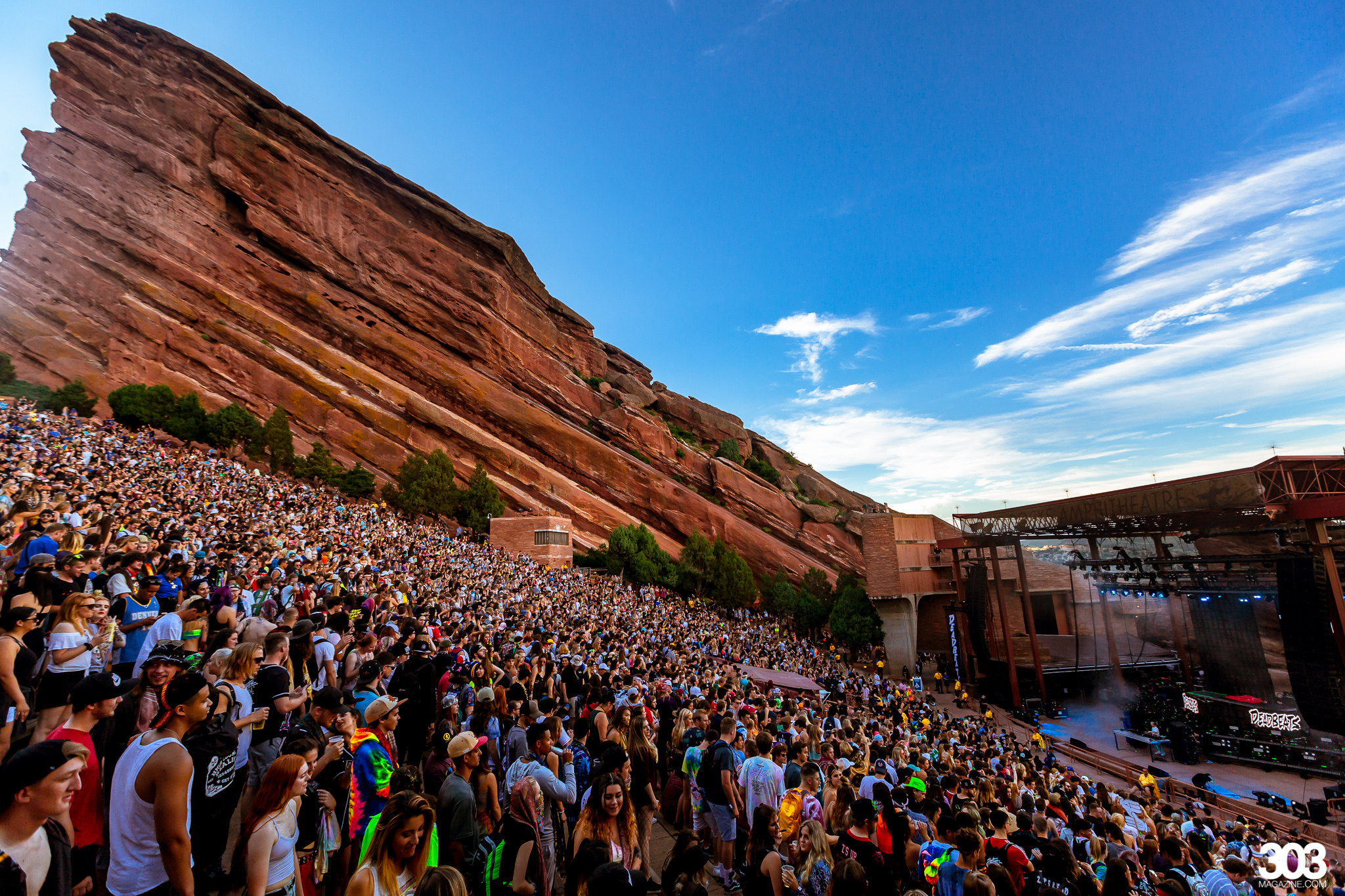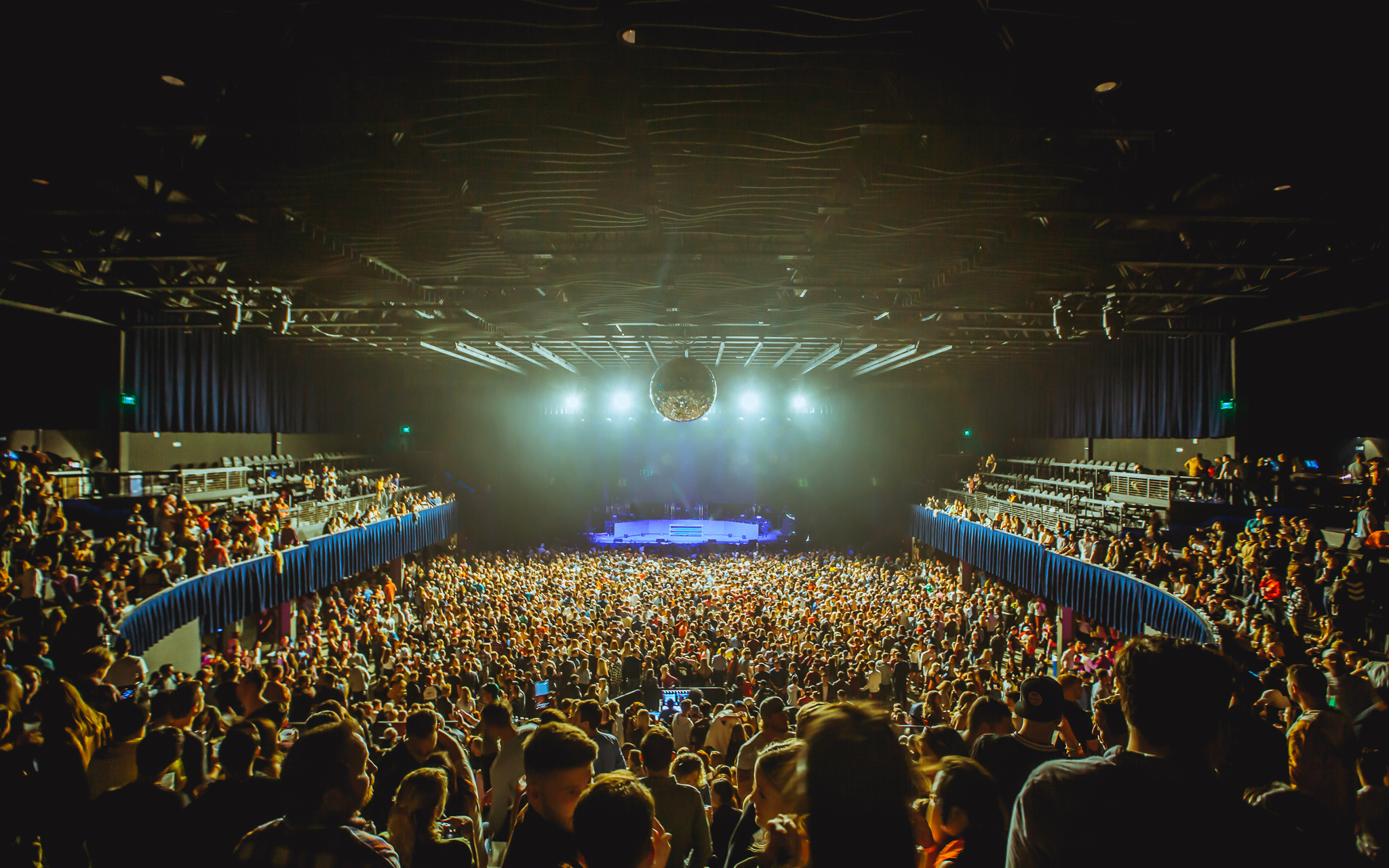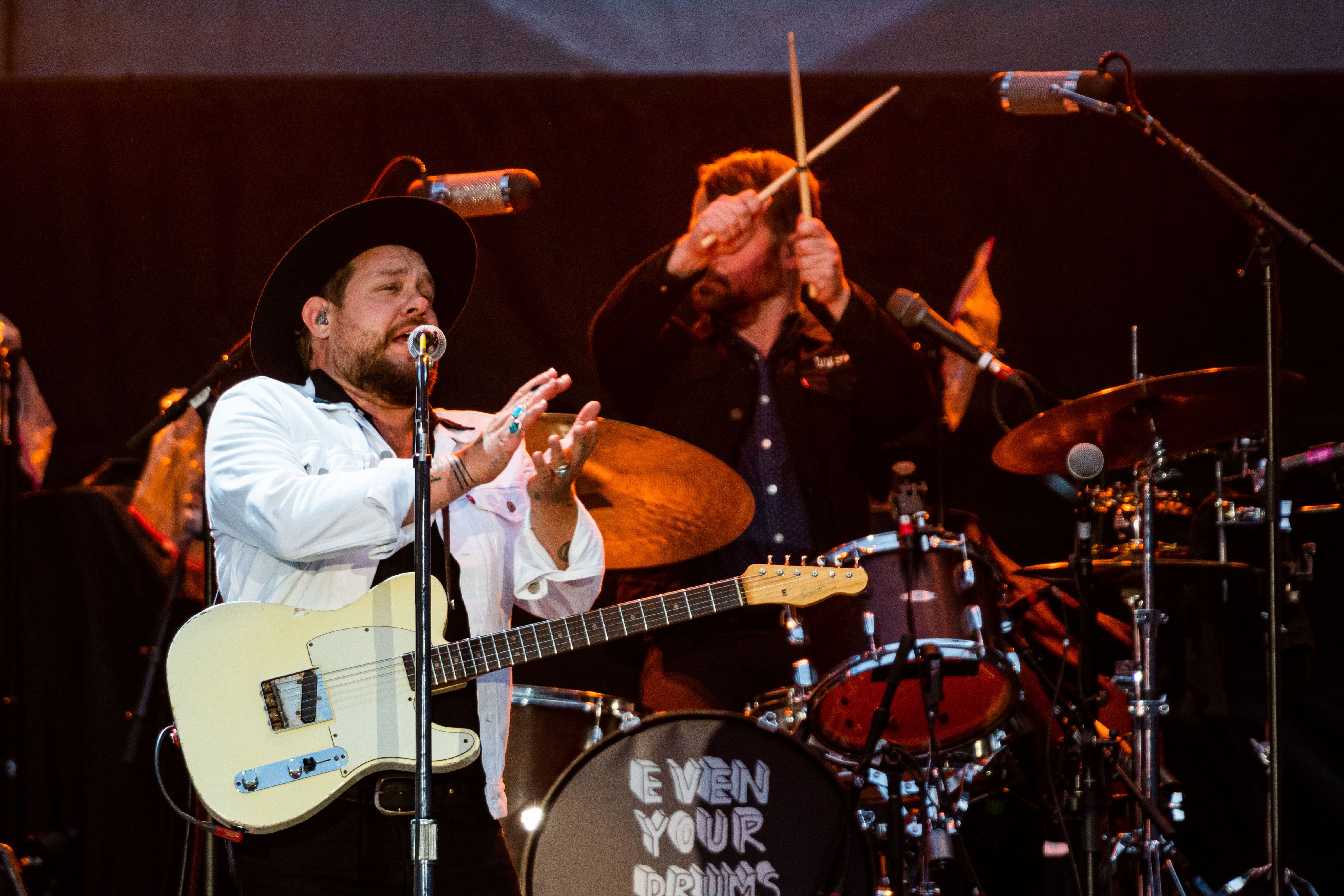Denver’s music scene as we know it has come to a screeching halt. With very few concerts and formal gatherings to be had as a result of COVID-19, the music industry as a whole sits in limbo with no position left unscathed. While disruption of this magnitude is devastating from an economic standpoint, it too provides an opportunity to reflect on the industry at large. These strange times coincide with the death of George Floyd, an unarmed Black man senselessly murdered by a police officer in Minneapolis in broad daylight. America as a whole is also coming to grips with its legacy of systematic oppression of people of color and pervasive racism entrenched in our society.
With the spotlight on the tribulations of people of color and maneuvering the “Great Pause,” as many have dubbed this COVID-19 experience, it too is time to look in our own backyard and decidedly change systems that exclude people of color from a seat at the table. Denver’s music industry was built on a thriving epicenter of Black music and continues to profit off the works of people of color, but when one looks at how our industry is run, Denver’s music industry lacks diversity where it counts.

For those who consume music solely through the lens of a fan, Denver’s music scene appears to burst with color and perspective. The musicians that call the Mile High City home represent a diverse array of genres, talents and perspectives — a wide range of ethnicities, sexual identities and racial backgrounds that has only broadened as time has gone on. However, the same cannot be said for those working behind the scenes putting on the show. As far as the business side of the industry is concerned, Denver’s music industry is effectively a white man’s club.
Across the board, finding any person of color on the business side of the industry, from talent buyers to promoters and venue owners, is like finding a needle in a haystack. Looking at the two top promoters in Denver, AEG Presents and Live Nation, no decision making roles are filled by people of color — that includes talent buyers, marketing teams and executives. These two companies effectively control Denver’s live music market from venues like the Fillmore, Red Rocks and the new Mission Ballroom among others. One of the most prominent pieces in the live music industry is the talent buyer, and among the promoting giants, there are no talent buyers of color and only two are women. The same standard applies to nearly every other department of these two companies.
7S Management, who represent some of Denver’s biggest acts like Nathaniel Rateliff and the Night Sweats, Wildermiss and Tennis, has zero managers of color and of the 60 artists listed on their domain, only five of them are an artist of color, and one of those five is the Etta James Estate. Madison House located in Boulder, Colorado manages The String Cheese Incident and represents an array of artists for booking, also has a similar dearth of diversity in regards to their booking agents. Even on the intimate front of smaller, independent venues like Larimer Lounge, Cervantes Masterpiece Ballroom, Levitt Pavillion and the Boulder and Fox Theatre, not a single one has overcome this disparity of inclusivity where it counts. You can even look at the makeup of music journalism in Denver, and it overwhelmingly and ironically faces the same pitfall.
While all the aforementioned companies were reached for comment on the diversity behind the scenes, none except for 7S Management offered to comment. 7S for their part confirmed the lack of diversity but partner, Chris Tetzeli joined the Black Music Action Coalition and has committed to holding himself and the industry accountable by meeting this moment head-on and learning. Which, for their part is commendable as many others meet the moment with silence.

When it comes to the lack of diversity on the business side of the industry, the implications carry over into how the general public consumes music and how our city is shaped by it. Consider the large scale music events that Denver has hosted. The defunct Velorama for example, last held in 2018 didn’t have a single artist of color after Vince Staples dropped out. With a fair representation of local music from the likes of Wildermiss, Brent Cowles and Slow Caves, local artists of color were notoriously left off the bill. Grandoozy, also effectively extinct as of 2018, did have national representation in with acts like Snow tha Product and Stevie Wonder, but once again, when it came to the undercard of local talent — artists of color, all DJs, were placed in small capacity activations.
Looking higher to the upper echelon of the musicians who have succeeded, moving from hometown heroes to mainstream acclaim — Nathaniel Rateliff, The Fray, The Lumineers, 3Oh!3, Tennis, Esmé Patterson etc., they are all white and largely male-driven entities — the only exception being The Flobots, more than 12 years ago. As the music industry as a whole continues to cross borders and our culture continues to embrace and celebrate the output of musicians of color, why is that not reflected on the local front? Why is the lack of musical culture what Denver is celebrated for?
With all the moving parts of Denver’s music community lacking diversity, it should come as no surprise that white artists consistently rise to the top amidst opportunities catered to them. Many journalists spin circles around these same artists, who then go on to be booked time after time by the same talent buyers, who then become represented by the same managers in a cycle of homogeny that doesn’t celebrate Black music unless it comes packaged like Nathaniel Rateliff and the Night Sweats. At the same time, it even affects artists who aren’t POC who fall outside what the system traditionally supports because there’s no other perspective in the room saying otherwise. That’s not to say that the artists at the top don’t deserve the spotlight, however, it’s a surefire sign that our music scene isn’t doing enough to back our musicians who don’t fit a particular mold.

For those who aspire for careers in Denver’s music industry, it’s worse. Imagine trying to make it as a person of color when there’s virtually no representation and no active steps toward it. In four years of working as a music writer with 303 Magazine, the question of race as it relates to our music industry has constantly been on the tip of my tongue. When you consider that Denver’s music scene came to prominence through the work of Black musicians in Five Points, known then as the Harlem of the West through the ‘2os and ’30s, the lack of representation and direction from people of color within the industry is inexcusable. People like Ru Johnson and Francois Baptiste have worked hard over the years in independent capacities to shepherd Denver’s hip-hop scene in particular to the forefront, but more needs to be done from the powers that be to integrate local POC music to mainstream audiences and for POC music leaders to be recognized as more than “urban” leaning. The first step by and large, however, is getting them in the building.
To go from championing the legacy of people like Chuck Morris and Barry Fey who raised the bar of Denver’s music scene only for the powers that be to refuse to acknowledge the next generation leading the charge of music consumption in a multicultural way is hurting Denver’s music scene. Having people of color in decision making roles gives them and the music that matters to them a voice where none currently exists. It gives people of color an outlet and a platform to create experiences and opportunities that speak to them. Having other voices in the room to advocate for artists of color, for artists who are different and to push for events catered toward people of color is important. Even as we publish, as millions across the world raise their voice to address the Black Lives Matter movement, AEG Rocky Mountain has been silent and that should concern you. We can and should do better.
A conversation like this is a long time coming, and a sentiment that I’ve heard no shortage of over the years with many figures behind the scenes and Denver is certainly not alone on this topic. Recently, major Black musicians and managers like Cardi B, Pharrell Williams and Diddy among others penned an open letter to address racial inequality in the music industry by starting the aforementioned Black Music Action Coalition to tackle this disparity.
These tumultuous times should make you question the racial inequalities you see in the day to day and they cannot be swept under the rug, as evidenced in these last few years, nothing will change. Diversity isn’t just a buzz word, it is an action item, and the time is up as it concerns the inaction across Denver’s music scene. This time, we’ve got to make it count.






Music lacks diversity? What crime of a statement. There is no discrimination in music, if your good, you will succeed. Chuck Berry proved this back in the 1950s. Watch 15 commercials tonight on or any evening on TV, with the Black population at 13 percent of the nation, see how many are represented on each commercial, over 90%. Would this not be a crime against the 60% of the White population? Racism works all ways, whatever color, religion or gender. Denver’s population of Blacks is low, but go to any major East, West coast town and you will hear everything you want to. Want a specific channel for your taste, buy XM radio, and tune the dial. Tommy Bolin made it in Colorado in the early seventies, part Native American, and one of the best guitarists in history. Lived in Boulder.
Please read the article before commenting Esteban, it would honestly save us both time. This isn’t talking about the music itself nor the musicians for that matter, it’s talking about how the industry functions and representation therein. Black music makes up a large portion of the concerts that come through Denver and Black musicians in Denver are consistently some of the best talents our city has to offer, however, they are not reflected in how the industry is operated and because of that they are criminally overlooked. This isn’t solely about Black people either, this applies to all people of color who are notoriously absent from our music industry in decision making capacities.
Tommy Bolin was not Native American.
This may be true of the big concerts coming to Denver, but try listening to KUVO at 89.3 FM if you want some diversity. The station is located in Five Points and was started by a Latina many years ago. The staff is a terrific blend of African-Americans, Latinos and white folks and this is reflected in the music aired on the station. Many of the visiting musicians play at the various jazz clubs in Denver and Boulder and often play for members of the station in the station’s studio prior to a gig they may have in Denver or Boulder. This PBS station plays a variety of music reflecting the station’s and the city’s diversity including in the above mentioned groups plus Brazilian and Native American music.
Hey, Nancy!
Thanks for the suggestions but the article isn’t about the music or musicians themselves. It’s about how the industry functions and the diversity of people who have the power to make decisions for the vast majority of our music scene. Please feel free to re-read the article to see what we mean.